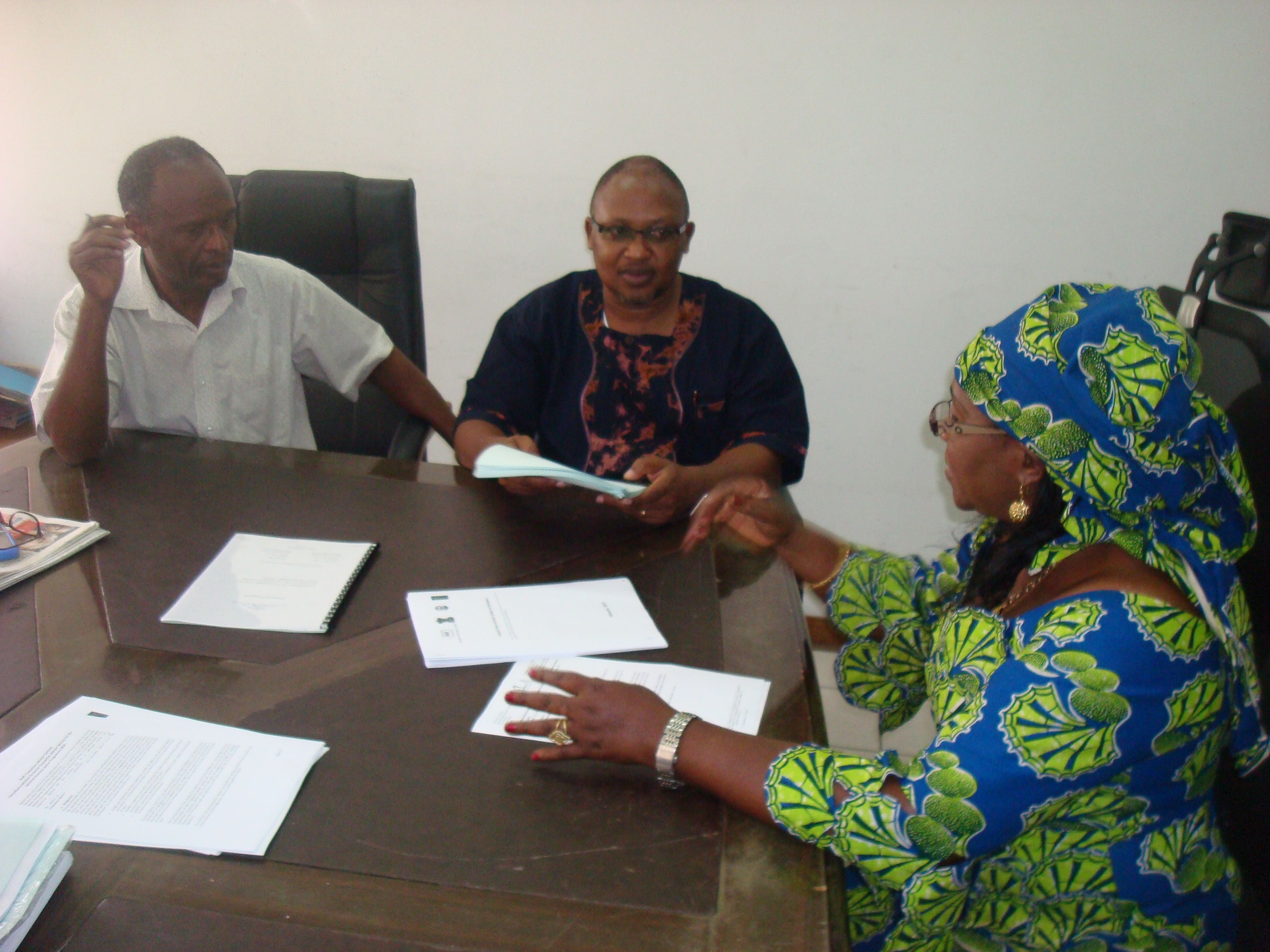
Programme Funders: Gatsby Charitable Foundation
Programme Results:
Small entrepreneurs often face constraints in accessing affordable business development services that can improve their technical, business and management skills. We have developed tailor made training programmes that build the capacities of all our beneficiaries in three separate, but related, areas.
The first area of training is on skills and management development where SMEs get to learn the skills they need to enable them to run and manage their income generating activities successfully and profitably.
The second area of training is on financial management, where SMEs learn how to manage their money and keep financial records; all our beneficiaries who were applying for credit under the TGT group lending schemes had to undergo specialized credit trainings before they could access the credit.
The third and final area of training is on technology support. As a lot of our work revolves around ensuring SMEs get access to new technology, we provide the necessary training to SMEs to ensure that they are able to use the technology, thereby ensuring successful technology transfer to SMEs.
Some of our training has included bringing in experts from outside to assist SMEs improve the quality of their products, like the product design and development experts from Spain and The Netherlands who helped beneficiaries of the Tanzania Virtual Business Incubatorprogramme to improve their products and create new ones.
Programme Funders: Gatsby Charitable Foundation
Programme Results:
Economically poor people have a difficult time accessing credit to open, operate and run their small income generating activities. Over the years, TGT has come up with various ways to help SMEs get access to affordable loans.
In the past, we operated various credit schemes aimed at providing capital to all our project beneficiaries to help them operate their businesses. These credit schemes were categorized into three types:
- Retail – where funds were provided to groups based on the traditional savings and credit societies popularly known locally as UPATU or KIBATI; 80% of these groups comprised of women
- Wholesale – where funds were provided through intermediary microfinance institutions for on lending. TGT supported the creation of community financial structures such as rural Community Banks to further increase access to financial services in rural areas
- Individual Loans – these were extended to individual SMEs that had graduated from the group-loan schemes, had become fully licensed and registered entities, and needed larger financial inputs to grow their enterprises
As our operations grew over time, we devolved our financial services into a separate legal entity called Fanikiwa Microfinance Company. And we moved from offering direct loans to providing our project beneficiaries with linkages to Fanikiwa and a range of other microfinance institutions where they can access credit for their enterprises.
In the past couple of years, however, we have established revolving funds for specific projects and programmes. The Belkin Revolving fund provides credit to women and youth involved in our Zanzibar Horticulture Programme. The TGT Revolving Fund provides credit to women involved in our Tanzania Virtual Business Incubator programme in Dar es Salaam and Coastal Region. In addition to these revolving funds, we continue to link our project beneficiaries to microfinance institutions.
Programme Funders: Gatsby Charitable Foundation
Programme Results:
Many SMEs do not have the resources to access innovative technology that can transform their businesses. Since our inception, we have been helping SMEs to acquire the technology they need to grow and expand their businesses. We have collaborated with higher learning institutions like the University of Dar es Salaam and Sokoine University of Agriculture to develop innovative technologies that address the challenges that SMEs face.
TGT’s technology support to SMEs has primarily taken the form of training in solar drying technology, food processing, leather tanning technology, woodwork, textile and handcraft technology, and renewable energy awareness and sensitization.
In addition to the training, we have offered SMEs affordable loans to enable them to purchase these technologies from the University departments that have developed them. We have also linked SMEs to the universities through incubation programmes, further deepening the relationship between the technology creators and the technology users.
SME Marketing Support Programme
Programme Funders: Gatsby Charitable Foundation
Programme Results:
Lack of knowledge is often the biggest obstacle that SMEs face when they seek markets for their products. TGT’s marketing support initiatives assist SMEs to access local and international markets through trade fairs, exhibitions and direct linkages.
Our support helps SMEs to understand product marketing and how it works, broadening their marketing skills acumen. We help SMEs to improve the quality, packaging and labelling of their products so that they can compete better in the market.
In the past, we collaborated with AMKA Trust to promote SME’s access to markets through various ways, including production of an annual promotional catalogue detailing SME products, linking SMEs to international buyers and ensuring the exhibition of SME products in international trade fairs.
We have also provided financial assistance to SMEs to enable them to organize local trade fairs, and participate effectively in national, regional and international trade fairs. Some of the handcrafts produced by our SME beneficiaries in Zanzibar have been exhibited in a trade fair in Belgium, while another SME beneficiary managed to get orders from the MACYS department store in the United States.
More recently, we have been linking SMEs directly to buyers, like the horticulture smallholder farmers in Zanzibar who have been linked to hotels to enable them to tap into the tourism market.
Helping SMEs to get premises from which they can sell is also one of our marketing supports. Over the years we have restored the Mikindani Slave Market in Mtwara into workshop space for SMEs, we have helped women henna painters in Zanzibar to set up Hurumzi Art Gallery in Stone Town, and we have helped numerous others to set up galleries, shops and showrooms. Currently we are working with the Kinondoni and Ubungo Municipal Councils to set up the Mburahati Market for small traders in Dar es Salaam.
